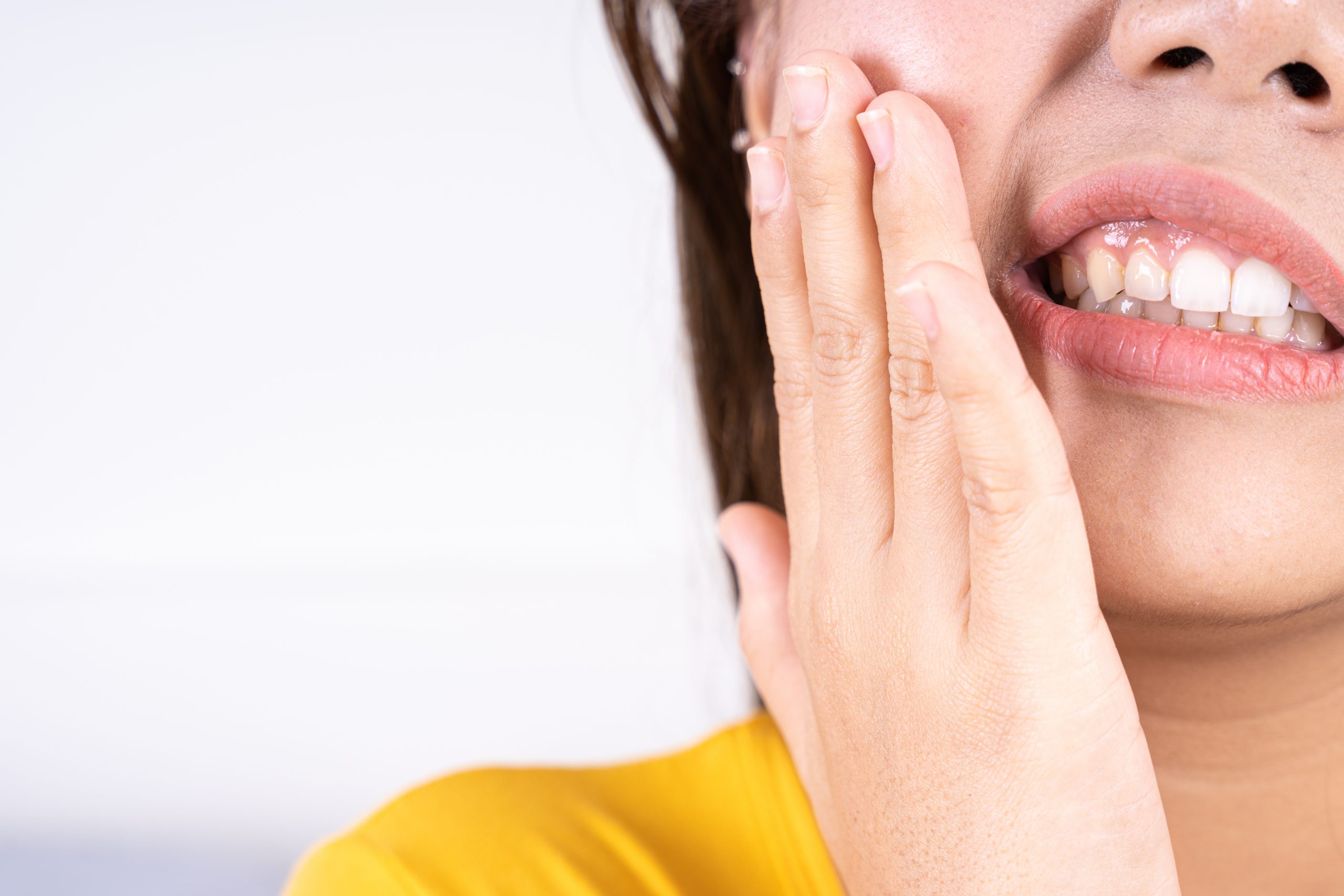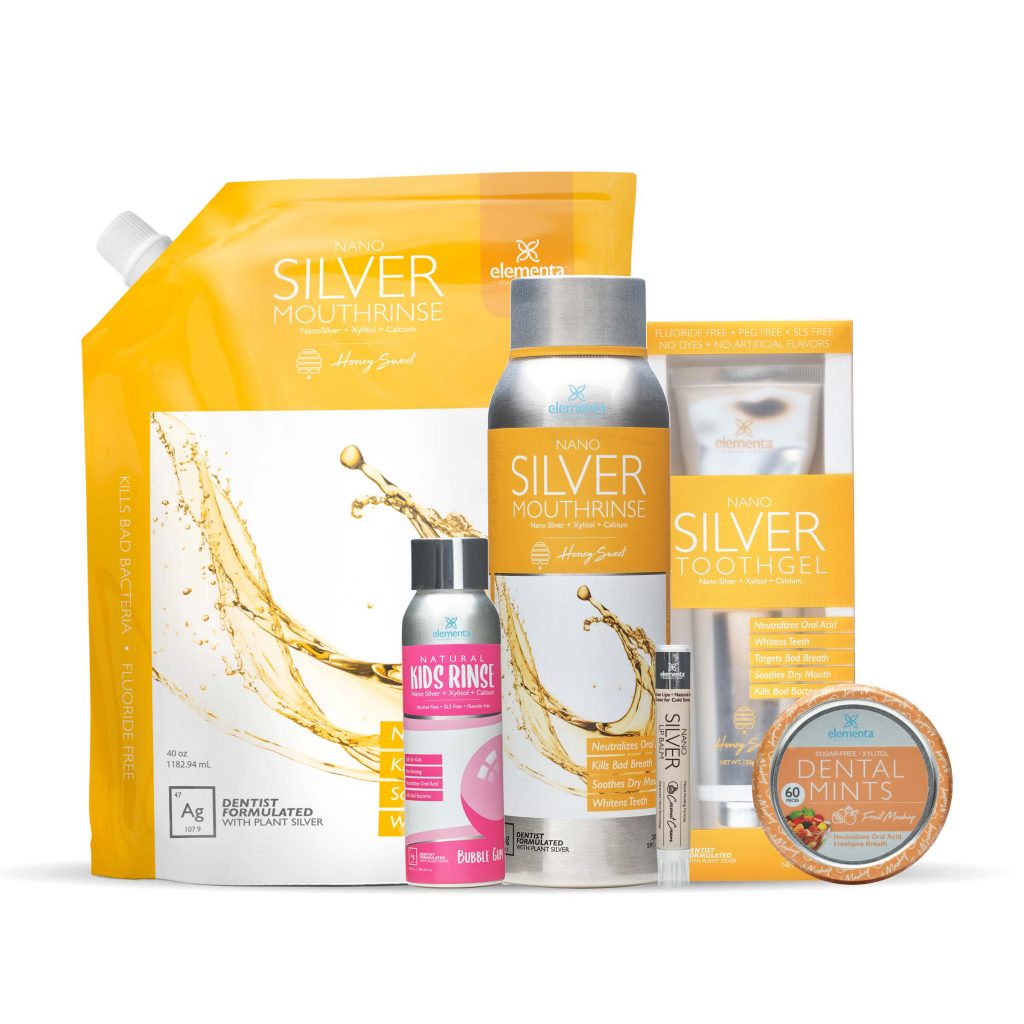
Wisdom teeth removal is a major surgical procedure. After surgery, you may have a lot of questions surrounding the healing process, like can I brush my teeth after wisdom teeth removal? Review these important steps you can take to promote healing and prevent complications for short and long-term oral health.
Wisdom Teeth Removal
Your third set of molars, called wisdom teeth, typically come through when you’re between 17 and 21 years old. Unfortunately, you may also have complications related to these teeth coming through. If you notice one or more of these signs, your dentist may recommend having the teeth removed:
- Impacted wisdom teeth
- Stiff jaw
- Excessive swelling
- Infection at or near the site
Immediate Aftercare Steps
Once your dentist performs wisdom teeth removal, you’ll likely experience soreness and swelling in the area. You were likely sedated, which can leave you feeling groggy or light-headed. The entire recovery process can take up to a few weeks, but you shouldn’t have any swelling after two or three days of recovery.
For a few days or weeks after surgery, you may have pain and swelling around your jaw. You may also have bad breath after wisdom teeth removal. Follow these aftercare steps to promote effective healing and long-term oral hygiene.
Change Gauze
You’ll likely leave the dental office with gauze packed around the site. Slight bleeding, swelling, and pain are normal for the first 24 hours after surgery. Replace the gauze frequently, typically every 30 minutes or more. Contact your dentist if you notice excessive bleeding.
Your dentist may also recommend a saltwater rinse. Gently rinse warm salt water inside your mouth several times in the first 24 hours to prevent infection.
Resume Brushing and Flossing
You may be wondering, “Can I brush my teeth after wisdom teeth removal?” Your dentist may recommend that you avoid brushing to prevent aggravating the sensitive surgery site. Most dentists, however, typically allow you to brush and floss the same day or within 48 hours.
Brush gently and avoid brushing the sutures or the surrounding area. Don’t swish or spit when you rinse. Continue this at least for the first 24 hours or until fully healed.
Follow Post-Surgery Advice from Your Dentist
The most common medication prescribed for wisdom teeth removal is for pain management. Ask about using Ibuprofen or acetaminophen to manage the pain as you recover. Your dentist may also prescribe additional pain medication, anti-inflammatory medication, and/or antibiotics.
Be sure to follow all instructions and speak with your dentist before taking any additional medication while recovering from wisdom teeth removal. Follow the recommended dosages to stay on top of your pain as you recover.
Use caution when brushing, particularly within 24 to 48 hours of surgery. While some mouthwash products may help with bad breath immediately following your wisdom teeth removal, ask your dentist before using mouthwash for 24 hours after your surgery.
Avoid Certain Foods and Drinks
Some foods aren’t going to be comfortable or safe to eat, particularly during the first few days. This is not only due to the healing process, but also the pain medication and other factors. Avoid eating and drinking these foods as you recover:
- Solid foods for the first 24 hours
- Hard foods while recovering
- Any drinks with a straw
- Alcoholic beverages
- Hot or caffeinated beverages for the first 24 hours
You also shouldn’t smoke at least for the first day or chew tobacco for the first week. Yogurt, pudding, applesauce, and liquids are all great options as you recover. You don’t have to live on a liquid diet for the entire healing process, but you should gradually reintroduce more firm foods as the affected area heals. Be sure to drink plenty of water during the healing process, especially the first day after surgery.
When To Contact Your Doctor
These immediate aftercare steps promote healing and help reduce discomfort while you’re recovering. If you notice excessive bleeding, extreme pain, unusual swelling, or other issues, don’t hesitate to contact your doctor or oral surgeon.
Can you use mouthwash after wisdom teeth removal? Not all dentists agree on when you should resume using mouthwash, floss, and a toothbrush. Ask your dentist for recommendations about when you should resume your routine of brushing, flossing, and mouthwash use.
Long-Term Care After Wisdom Tooth Removal
After a few weeks, the affected area is sufficiently healed to resume your standard oral hygiene practice. Can I brush my teeth after wisdom teeth removal? Once the area heals, you can brush as normal.
Use Mouthwash and Toothpaste
As long as your dentist approves of your oral hygiene routine, consider using toothpaste and mouthwash that reduce acid in your mouth. If you’re struggling with bad breath after wisdom teeth removal or wondering if you can use mouthwash after wisdom teeth removal, look for products with low acid levels and xylitol to help with dryness.
These products don’t burn and are effective at killing harmful bacteria in your mouth. As alcohol-free and fluoride-free products, Elementa’s toothpastes and mouthwashes offer the infection prevention and oral acid neutralization you need for long-term oral hygiene without the pain.
Gradually Reintroduce Solid Foods
You can safely resume eating most normal foods after the first few days. Start slowly to gradually reintroduce items. Start with cottage cheese and soft breads before moving on to meat or other items that are more firm.
Nuts and seeds should be some of the last foods you reintroduce. These hard, small items can easily get stuck in the surgery site. While the site is healing this could cause it to open up or become infected. Even after a few weeks, this area can be slightly more sensitive.
Consider Elementa’s Oral Health Products
With refreshing mouth rinses and tooth gels with Nano Silver technology and xylitol, Elementa Silver offers alcohol-free and fluoride-free mouthwash and other products you need to protect your mouth after wisdom teeth removal. Visit Elementa’s shop today to learn more about the benefits of calcium, Nano Silver, and other ingredients in these dentist-recommended products.

